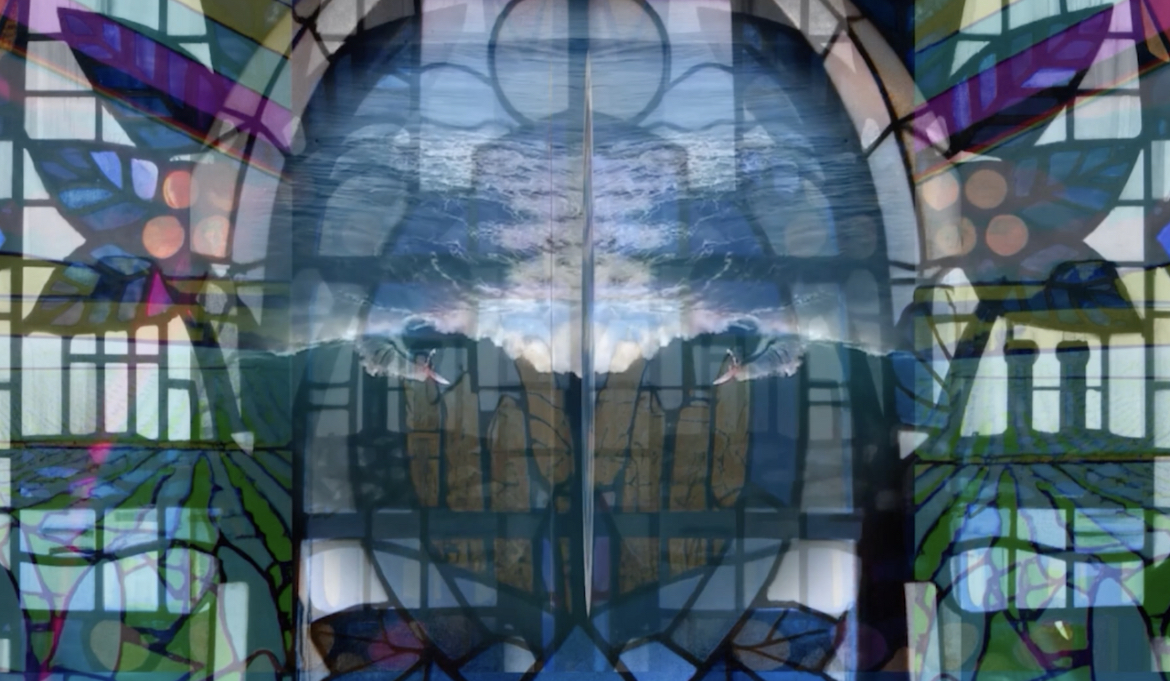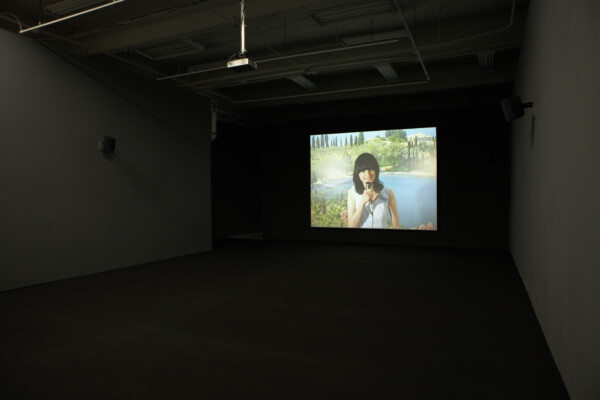el mundo no escuchará
Phil Collins
Curated by: Michèle Faguet
In his work Phil Collins examines the emotional core of portraiture and lens–based media, and often engages communities ordinarily excised from our understanding of contemporary situations. His sites of production—places as varied as Belfast, Baghdad, Bogotá, Kosovo and Ramallah— are all bound together by political and social conflict derivative of imperialist histories. And yet contrary to the journalistic approach that suppresses the representation of individual subjects in favour of a generalized (and simplified) political collectivity, Collins leaves specific geopolitical referents just beyond the picture frame where they inhabit more nuanced, complicated positions. His own position does, of course, give rise to questions about the exploitative potential of photography, especially as practiced by someone who is an outsider to these charged situations but who desires a brief entry into them. The resulting encounters are filled with curiosity, sincerity and emotional investment, but are enacted under the strict terms set out by the artist. According to Kate Bush, “Collins’ artistic strategy has become to exaggerate both what is given, and what is taken, on any or both sides of a photographic transaction.”
Collins’ practice often elicits a convocation of individuals, and is process-, or better still, event-oriented. el mundo no escuchará is a karaoke project produced in 2004 for fans of The Smiths in Bogotá, Colombia. While karaoke is perceived to have a fundamentally democratic function—offering an opportunity to briefly take the place of your idol—its musical content is conventionally the deplorable, lack-luster chirp of the mainstream. Collins chose to work with The Smiths partly because of the artist’s own generational and geographical proximity to the band—but more importantly because, despite all of the localisms that tie The Smiths to a particular place and a specific historical moment, they have managed to gain a widely international fan base that defies so many of the ways we have come to think about identity politics and cannot be simply dismissed as another incidence of the homogenizing effects of a bland, global pop culture.
Over the course of two and a half months Collins worked with local musicians in Bogotá to re-record, note for note, the 1986 compilation The World Won’t Listen in its entirety, while at the same time launching a citywide campaign carried out in bars, universities, music venues and on the radio, soliciting “the shy, the dissatisfied, narcissists, and anyone who’s ever wished they could be someone else for a night” to be filmed singing their favourite Smiths songs and to be treated like a star. Over 60 fans turned out and the three-day filming was concluded with a live music and karaoke event that drew hundreds of people only to be abruptly interrupted (but not halted altogether) by the explosion of one of Bogotá’s main electrical towers that left the city in darkness for over twelve hours.
Collins has produced one other version of The Smiths Karaoke in Istanbul (dünya dinlemiyor, 2005), and will complete the trilogy later this year in an as yet undisclosed location.





















